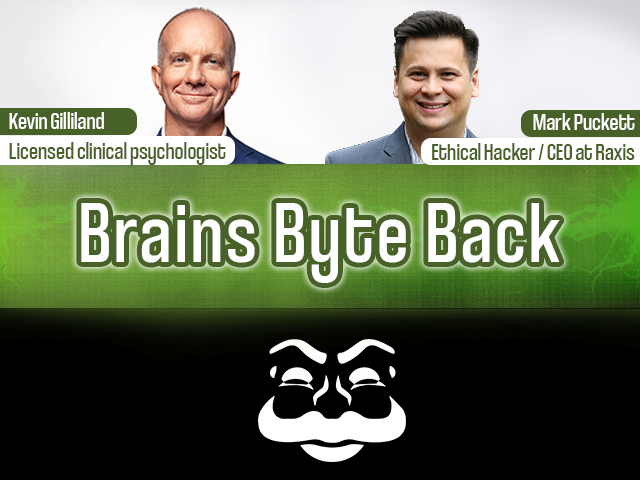In this episode, we will seek to understand how realistic the Mr. Robot show is from a technological perspective and a psychological approach. To do this I am joined by two experts.
“I’ve never found it hard to hack most people. If you listen to them, watch them, their vulnerabilities are like a neon sign screwed into their heads.” – Elliot Alderson, character from Mr. Robot
Listen to this podcast on YouTube, Spotify, Anchor, Apple Podcasts, Breaker, Google Podcasts, Stitcher, Overcast, Listen Notes, and Radio Public.
My first guest, Mark Puckett, joins me to examine the accuracy of the hacking techniques used on the show. He is the founder and CEO of Raxis, a penetration testing company of ethical hackers.
And to discuss the psychological elements of the show, I am joined by Kevin Gilliland, a clinical psychologist, and mental health expert, who is also the Executive Director of Innovation 360, an outpatient group of Counselors and Therapists helping patients overcome a variety of mental health issues.
Mr. Robot! The show which stylishly intertwines hacking, psychology and geopolitical events with a great mix of characters. However, while it might have style, its character Elliot’s powers are so limitless that it is fair to questions how realistic some of the hacks are.
In addition to hacking, the show also dives into a dark and complex world of psychology.
If you haven’t seen all of Mr. Robot, or any of it, then maybe you should have a sit-down and question the choices you have been making in your life, but in all seriousness, there are spoilers so you have been warned.
And for our Weird Wide Web piece, we will look at a study that attempts to quantify the perceived financial value of online privacy and data across a number of countries.












